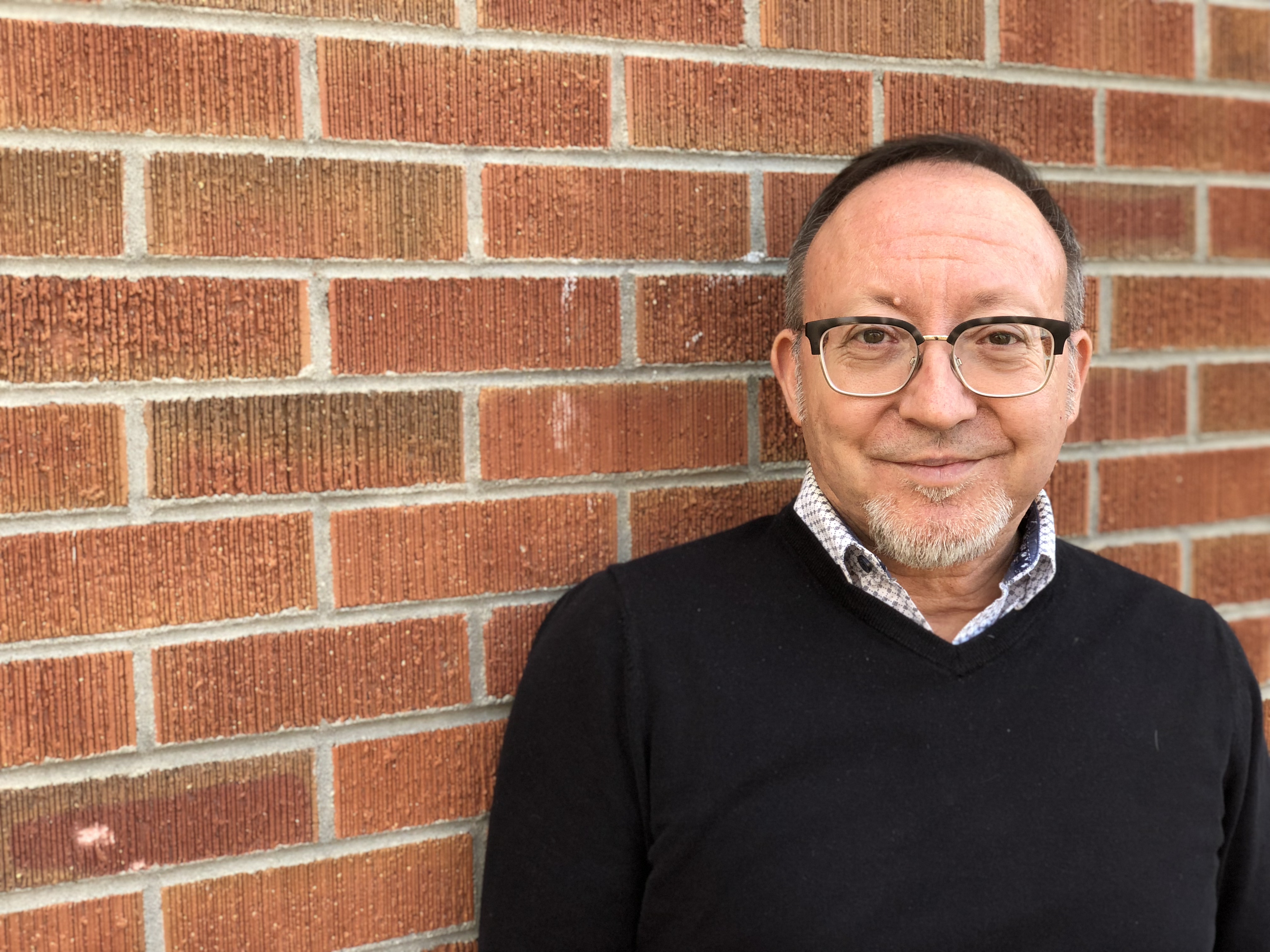“Fear of scarcity is causing actual scarcity”—Pastor Chuck Fowler
“Worrying about scarcity is our culture’s version of post-traumatic stress. It happens when we’ve been through too much, and rather than coming together to heal (which requires vulnerability) we’re angry and scared and at each other’s throats.”—Brené Brown, Daring Greatly
Scarcity. That uncomfortable, anxious feeling that there’s not enough, never enough and I just need more! And why in our current world situation, would we not be battling these gnawing worrisome thoughts? Within a few short weeks we’ve been stripped of much—work, wages, lively-hood and identity. We’ve lost proximity, intimacy and actual live presence of friends and loved ones. We miss simple things like happy hour, chatting over coffee in a shop or a generous hug. I feel as though we’re all still reeling while playing catch up to process our emotional grief.
Typically on Sunday mornings I like to sleep in a bit before getting ready for church, trying not to become a “pillow Presbyterian” and missing it all. This past Sunday was altogether different. I woke up hours early in the darkness and wrestled with going back to sleep. My mind kept ruminating, suddenly remembering previously taken-for-granted items I couldn’t live without in case of a virus shortage. “I should get more of these,” I calculated, “and what if I run out of this or that!” There had already been several grocery store runs prior and my fridge and pantry were well stocked. Yet, my heartbeat was ramping up.
I tried many things alone in the dark to relieve my distress. I prayed and breathed deeply, but my thoughts were always dragged back to my nervous list making. It was 6:15 when I finally looked at the clock and within an hour I was showered, dressed and walking into King Soopers, tired of the fight. What transpired was a pretty amazing reality check. Despite the usual empty shelves, things were normal—no Titanic-sinking chaos ensued. Folks were calmly shopping, actually smiling and allowing the prescribed physical distance. There seemed to be plenty of produce, eggs, meat and amazingly, toilet paper that I grabbed for my mom. I walked out of the store carrying a couple bags, feeling relieved, exhausted and kind of foolish.
An hour later, I was on my first virtual gathering with my church on Zoom. It felt wonderful to worship together even though we weren’t in the same building—I deeply needed this after my anxious morning adventure. Our sermon text for the week was especially timely from the sermon on the mount, Matthew 7:7 (mine’s from the Passion Translation).
“Ask, and the gift is yours. Seek, and you’ll discover. Knock, and the door will be opened to you…Do you know of any parent who would give his hungry child, who asked for food, a plate of rocks?…If you, imperfect as you are, know how to lovingly take care of your children and give them what’s best, how much more ready is your Heavenly Father to give wonderful gifts to those who ask Him?”
After some discussion that our Father is a God of abundance, our Pastor Chuck concluded with his statement—“Fear of scarcity is what actually causes scarcity.” My morning flooded into my thoughts, and I felt a clean conviction. How many trips to the store are enough? Have you noticed yourself going to the store every or every few days? Are your thoughts racing and ruminating ? As you can see, I’m with you.
I know for myself, getting dragged down by these poisonous thoughts is not good for me or anyone else. Fighting against the lies is a healthy effort. Some recent helpful things have gone down as I’m writing. I’m watching Denver’s Mayor issuing a “stay at home” order starting Tuesday, March 24th meaning we non-essential workers must stay at home. This means we can leave for a bit to get groceries, gas, receive medical and prescriptions. Also, Colorado’s Governor has strongly encouraged us to only make a grocery run once a week. There isn’t a shortage of food and supplies, the fact that we’re fearfully hoarding it is what’s causing the shortage. Go Pastor Chuck.
Even though anxiety reducing strategies didn’t work for me that morning, doesn’t mean to not keep employing them. Find whatever works best for you—always talk to God, read scripture, exercise or listen to music. Take a step back, take a deep breath and state what’s true—”I have enough.”
And God is more than enough, even in desert seasons. My conviction Sunday morning was due to my lack of faith… that God wants to give me good gifts instead of rocks. He has graciously taken such tangible, tender care of me. Like the Israelites in the desert, I abandon Him and flail about in Titanic wreckage. Hope you’ll excuse the mixed metaphor J. This is where my repentance led me—thank you Jesus. Remember Matthew 7 (and every other scripture about His goodness) and feel gratitude—another weapon in the battle of scarcity.
Today, I saw some trees just beginning to bud during my errand running. I smiled and felt some peace and joy. It’s crazy right now and there’s space for process and grief, but creation (and hopefully we) know who’s sovereign and still in charge.

Scott Kingry
Program Director
Make a Difference in Someone's Life
If you enjoy reading WGA’s blogs and would like to show your support, please consider making a donation. Where Grace Abounds is a 501(c)3 non-profit organization. The majority of services, including support groups and discipleship counseling, are provided free of charge. Your financial gifts help to cover the costs associated with offering a free program to those who seek WGA’s services.


Thank you for that thought provoking message. Just what I needed at this moment. Peace to you my WGA friends.